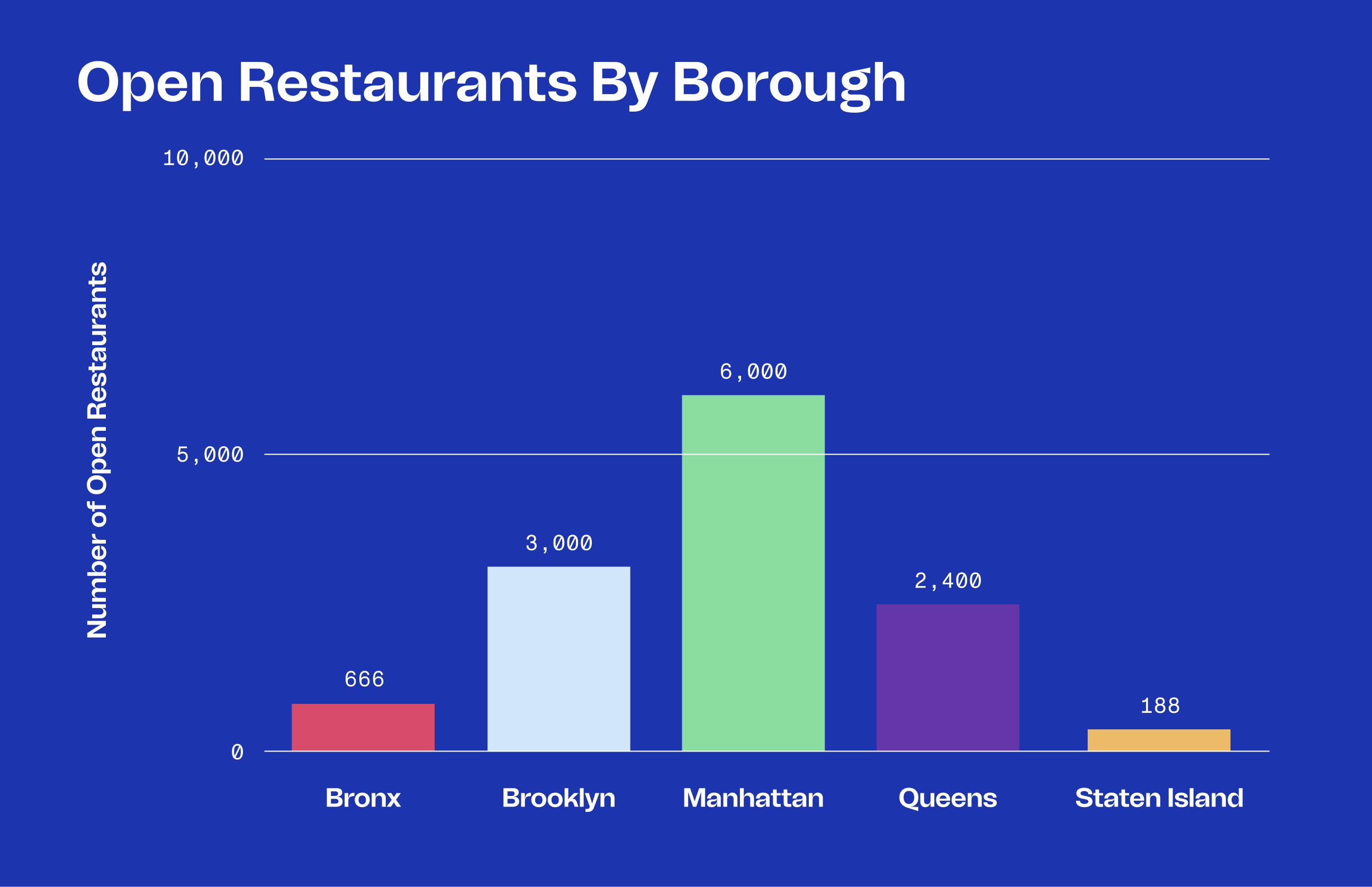[ RECOMMENDATION ]
3. Give
power to applicants to self-certify/ self-declare on public realm activation
permit applications, where appropriate.
WHY
“[We] didn’t have to sign a liability agreement for Open Streets. That made it. Self-certification was such an easy process, it didn’t trip anyone up.”
Carey King, Uptown Grand Central
HOW TO IMPLEMENT With clear program guidelines and regulations in place, the City should incorporate self-certification/self-verifying steps in the public realm permitting and licensing process that, in the long-term, may lower reliance on City staff for permit approvals. These self-certification steps may be similar to those outlined in the digital application forms established by the DOT for the “Open Streets” program. However, it must be noted that applicants may still be subject to fines by the relevant enforcement agencies if found to be non-compliant with rules and regulations.
“[We] didn’t have to sign a liability agreement for Open Streets. That made it. Self-certification was such an easy process, it didn’t trip anyone up.”
Carey King, Uptown Grand Central
HOW TO IMPLEMENT With clear program guidelines and regulations in place, the City should incorporate self-certification/self-verifying steps in the public realm permitting and licensing process that, in the long-term, may lower reliance on City staff for permit approvals. These self-certification steps may be similar to those outlined in the digital application forms established by the DOT for the “Open Streets” program. However, it must be noted that applicants may still be subject to fines by the relevant enforcement agencies if found to be non-compliant with rules and regulations.
GOALS
︎ A User Experience
︎ B Long-Term Coordination
︎ C Inclusive Design
︎ D Collaboration and Communication
︎ E Support commerce and entrepreneurship
CATEGORY / TYPE
︎ Process / Regulatory Framework
︎ Funding
︎ Technical Assistance
︎ A User Experience
︎ B Long-Term Coordination
︎ C Inclusive Design
︎ D Collaboration and Communication
︎ E Support commerce and entrepreneurship
CATEGORY / TYPE
︎ Process / Regulatory Framework
︎ Funding
︎ Technical Assistance
Case Study ︎︎︎ Case Study ︎︎︎ Case Study ︎︎︎
Open Restaurants Application
City of New York, NY
During the COVID-19
pandemic, the City of New York allowed food establishments to self-certify that
they met program requirements to speed up approval processes. The simple
one-page form enabled a large adoption of the program with participation distributed fairly across all five
boroughs and a range of commercial districts with limited violations relative
to overall program participation rates.
![]()
︎ NYC DOT

WHO DOES THIS HELP
By lowering barriers to participation, a greater breadth of organizations, businesses, and individuals may be encouraged to contribute to the management of our public realm. This is especially critical in outer borough commercial districts where established and well-resourced BIDs may not exist. In these neighborhoods, smaller civic groups and coalitions of community members will need to step forward and take on the role of public realm managers. Having the ability to self-certify, say annually, rather than for each programmed event, would help smaller organizations participate more regularly in the activation of these spaces.
By lowering barriers to participation, a greater breadth of organizations, businesses, and individuals may be encouraged to contribute to the management of our public realm. This is especially critical in outer borough commercial districts where established and well-resourced BIDs may not exist. In these neighborhoods, smaller civic groups and coalitions of community members will need to step forward and take on the role of public realm managers. Having the ability to self-certify, say annually, rather than for each programmed event, would help smaller organizations participate more regularly in the activation of these spaces.
︎︎︎ Executive Summary
︎︎︎ Introduction
︎︎︎ The Brief/Challenge
︎︎︎ Understanding the Regulatory Landscape
︎︎︎ Sidewalks
︎︎︎ Streets
︎︎︎ Plazas
︎︎︎ Navigating the Current Regulatory Process
︎︎︎ Adapting to the Pandemic
︎︎︎ Introduction
︎︎︎ The Brief/Challenge
︎︎︎ Understanding the Regulatory Landscape
︎︎︎ Sidewalks
︎︎︎ Streets
︎︎︎ Plazas
︎︎︎ Navigating the Current Regulatory Process
︎︎︎ Adapting to the Pandemic
︎︎︎ Enhancing the City’s Approach to Public Space Management
︎︎︎ Recommendations
︎︎︎ Appendix
︎︎︎ Credits
︎︎︎Watkins Public Space
︎︎︎What’s Up, Jamaica!
︎︎︎ Recommendations
︎︎︎ Appendix
︎︎︎ Credits
︎︎︎Watkins Public Space
︎︎︎What’s Up, Jamaica!
